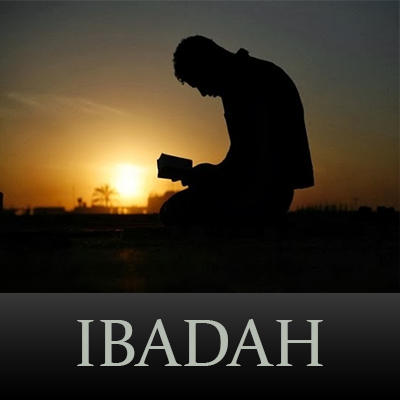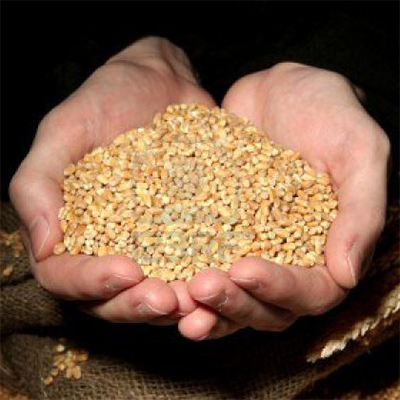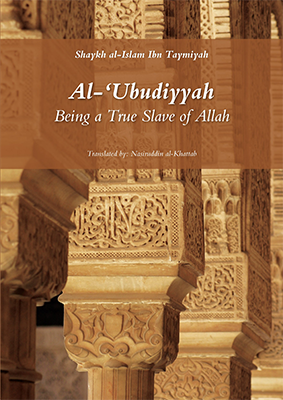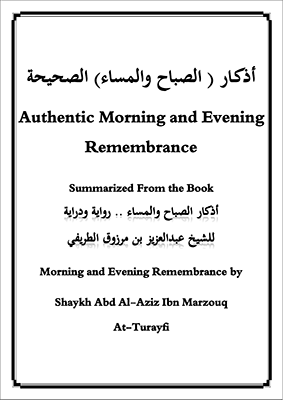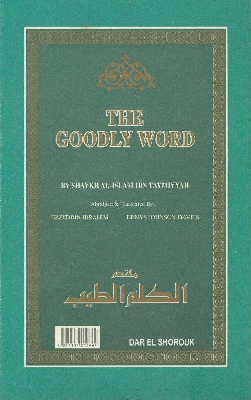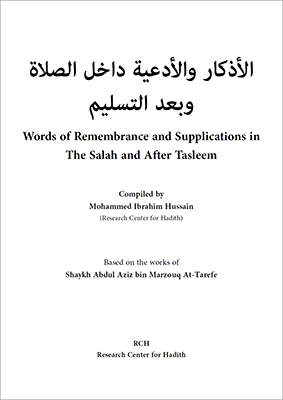Latest Lectures
Description
وَمَا خَلَقْتُ الْجِنَّ وَالْإِنسَ إِلَّا لِيَعْبُدُونِ
"I did not create the Jinn, nor mankind, except to worship Me." [adh-Dhariyat 51:56]
Shaykh al-Islam Ibn Taymiyyah (d. 728H) (رحمه الله) said:
Worship (al-'Ibadah) is obedience to Allah by following that which He ordered upon the tongues of His Messengers.
He also said:
Worship (al-'Ibadah) is a comprehensive term covering everything that Allah loves and is pleased with - whether sayings, or actions, outward and inward.
[Majmu' al-Fatawa (10/149)]
Ibn al-Qayyim (d. 751H) (رحمه الله) said:
Worship revolves around fifteen principles. Whosoever completes them has completed the stages of 'ubudiyyah (servitude to Allah). The explanation of this is that 'ibadah is divided between the heart, the tongue, and the limbs. And that for each one of these three come five types of rulings, covering all actions: wajib (obligatory), mustahabb (recommended), haram (prohibited), makruh (disliked), and mubah (permissible).
[Madarijus-Salikin (1/109)]
Imam al-Qurtubi (d. 671H) (رحمه الله) said:
The root of 'ibadah is humility and submissiveness. The various duties that have been prescribed upon the people are called 'ibadat (acts of worship), since what is required is that these acts of worship must be done with humility and submissiveness to Allah - the Most High.
[Al-Jami' li-Ahkamil-Qur'an (1/225), and (17/56)]
Ibn Kathir (d. 774H) (رحمه الله) said:
And 'ibadah is obedience to Allah by acting upon what He commands, and abandoning what He forbids; and this is the reality and essence of Islam. And the meaning of Islam is: istislam (submission and surrender) to Allah - the Most High - along with the utmost compliance, humility, and submissiveness to Him.
He also said whilst explaining the above ayah:
Indeed Allah - the Most High - created the creation so that they could worship Him alone, without associating any partner with Him. Whoever obeys Him will be completely rewarded, whereas whoever disobeys Him would be punished with a severe punishment. And He has informed that He is neither dependant, nor does He have any need for them. Rather, it is they who are in dire need of Him, in every condition and circumstance, since He is the One who created, sustains, and provides for them.
[Tafsir al-Qur'an al-'Adhim (7/402)]
